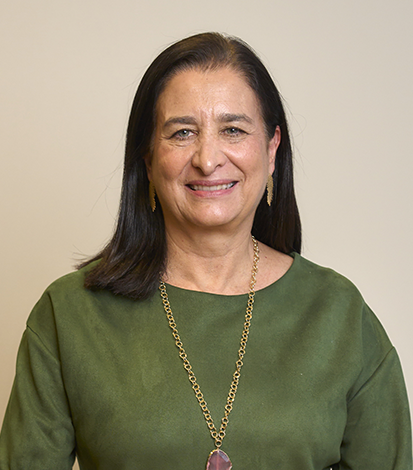
“The growing power of the silver economy” By Ornella Bono
Societies must seize the economic opportunities that come hand in hand with this demographic shift
It’s true: the increase in life expectancy brings with it great challenges. Issues such as health, care, quality of life and how we relate to our environment are going to be challenged by a group that, in Chile, will make up 30% of the world’s population by 2050.
“The silver economy is not only significant, but is also consolidating as one of the main economic activities in the region.” So begins a recent report by the Inter-American Development Bank (IDB) that unravels this phenomenon. The silver economy is the sum of all economic activity that serves the needs of people who have passed the fifth decade of life, including the products and services they buy directly and indirectly. In this way, it puts the focus on the impulse that means the generation of an active demand for new products and services. According to the study, in Latin America and the Caribbean in 2023 people over 60 years of age were 1 in 8; in 30 years’ time it is estimated that they will be 1 in 4.
It is important to view these data in light of a larger phenomenon. This group will only grow in size and influence, and in this sense the labor market cannot be left out of this equation. We are discussing a pension reform that is clearly necessary, but at the same time we must think from the organizational world about how to maintain, incorporate and reincorporate this age group, so that their contribution to society, companies and the economy is maintained over time.
From the labor point of view, the key issue is that those who wish to work should be able to do so. The report “Characterization and analysis of the labor market for people over 55 years old in Chile”, made by CIEDESS, makes a series of proposals, such as incorporating labor flexibility systems as alternatives demandable by workers, in the understanding that the health element is one of the main barriers to the incorporation or continuation of the labor career. It also proposes defining hourly salaries, since this would also make it possible to accommodate the specific needs of this segment, especially if the plan – as is a frequent aspiration in this segment – is to continue working, but less. On the other hand, the same IDB recommends adopting an organizational view that values people by virtue of what they can offer, and abandoning others, such as the idea that older people are not capable of adapting to new scenarios.
We live in a time when scientific advances have given us the gift of living longer. We must rise to the occasion to make those years productive, prosperous and happy. That is why societies must take advantage of the economic opportunities that come hand in hand with this demographic shift. The quality of life of this growing population group is not only a challenge, but an exciting opportunity.

Ornella Bono
Ornella Bono is a founding partner and Director of Humanitas Cornerstone.

